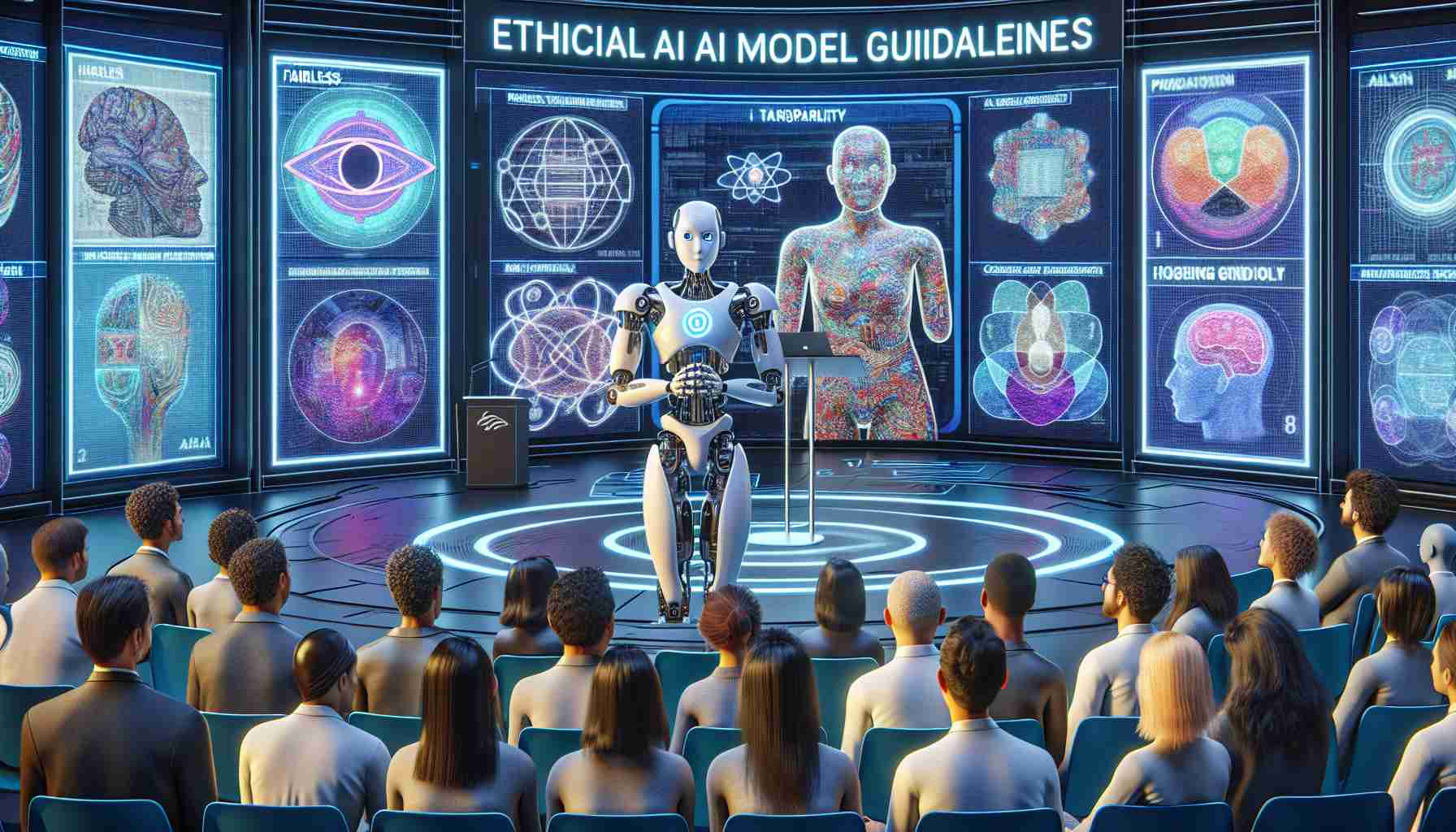OpenAI Shares Blueprint for Responsible AI
OpenAI has revealed a pioneering draft document that serves as a blueprint for the creation of ethical and responsible artificial intelligence (AI) systems. This document outlines numerous factors that AI should consider when responding to user queries, ranging from benefiting humanity and adhering to legal compliance to respecting creators and their rights. OpenAI has affirmed that all its AI models including GPT, Dall-E, and the soon-to-be-released Sora will abide by these behavioral principles.
Innovative Model Spec Paves Way for Ethical AI Research
In what OpenAI refers to as the Model Spec, the company sees it as a set of guidelines designed to shape how researchers and data annotators go about creating data through a technology known as Reinforcement Learning from Human Feedback (RLHF). While these specifications have yet to be applied in their current form, they are foundationally based on documents previously used in RLHF at OpenAI. Additionally, OpenAI is developing techniques that will permit their models to learn directly from these model specifications.
Enforcing Stringent Rules for Advanced AI Systems
Among the critical rules detailed are the hierarchy of command that ensures the AI cannot override developer instructions, compliance with existing laws, respect for creators and their rights, and protection of individual privacy. A specific rule calls for the AI not to provide information that poses chemical, biological, radiological, or nuclear (CBRN) risks.
Furthermore, the draft sets a collection of default behavioural codes for any AI model. These include assuming the best intentions from users or developers, asking clarifying questions, assisting without overreaching, maintaining objective viewpoints, refraining from attempting to alter opinions, expressing uncertainty, and other respectful and non-intrusive behaviors.
AI Specifications Evolving with Continuous Input
Notably, the Model Spec is not the sole reference point for OpenAI. It is to be complemented by the company’s usage policies that govern how people are expected to use the API and their ChatGPT product. OpenAI emphasizes the notion that just like their models, the specifications are dynamic and will continuously evolve, driven by active engagement with users and stakeholders’ feedback.
Key Questions and Answers:
1. What are the primary objectives of OpenAI’s Model Spec?
The primary objectives are to ensure that AI systems behave ethically, adhere to legal standards, respect creators and their rights, and protect individual privacy, among other responsible behavioral aspects.
2. How will OpenAI enforce these guidelines?
OpenAI plans to develop techniques that enable its AI models, such as GPT and Dall-E, to learn directly from the Model Spec using Reinforcement Learning from Human Feedback (RLHF).
3. Are there any specific rules for AI behavior that OpenAI has highlighted?
Yes, rules include adhering to a hierarchy of command, law compliance, creator and rights respect, privacy protection, and avoiding dissemination of information that could lead to CBRN hazards.
4. Will the Model Spec remain static or change over time?
The Model Spec is dynamic and will evolve, influenced by user and stakeholder feedback as well as ongoing engagement.
Challenges and Controversies:
– Enforcement: Ensuring AI systems consistently adhere to ethical guidelines and determining what actions to take when deviations occur.
– Dynamic Nature: Continuously updating the ethical AI model guidelines in response to new challenges, technologies, and societal norms.
– Bias and Discrimination: Tackling the problem of inherent bias in AI systems and ensuring that ethical guidelines are robust enough to prevent discriminatory practices.
Advantages:
– Increased Trust: Ethical guidelines contribute to increased trust from the public and governments in AI technologies.
– Enhanced Safety: Such guidelines aim to mitigate risks associated with advanced AI and prevent misuse.
– Social and Legal Compliance: Ensuring AI systems comply with existing laws and respect the rights and privacy of individuals.
Disadvantages:
– Potential Stifling of Innovation: Stringent rules could potentially slow down research and innovation in the field of AI.
– Limitations on AI’s Capabilities: Ethical constraints could limit the full capabilities of AI systems to solve complex problems.
For further information on AI ethics and responsible AI development, you might find these domains relevant:
– OpenAI
– AIEthicsLab
– Partnership on AI
– AI Now Institute

